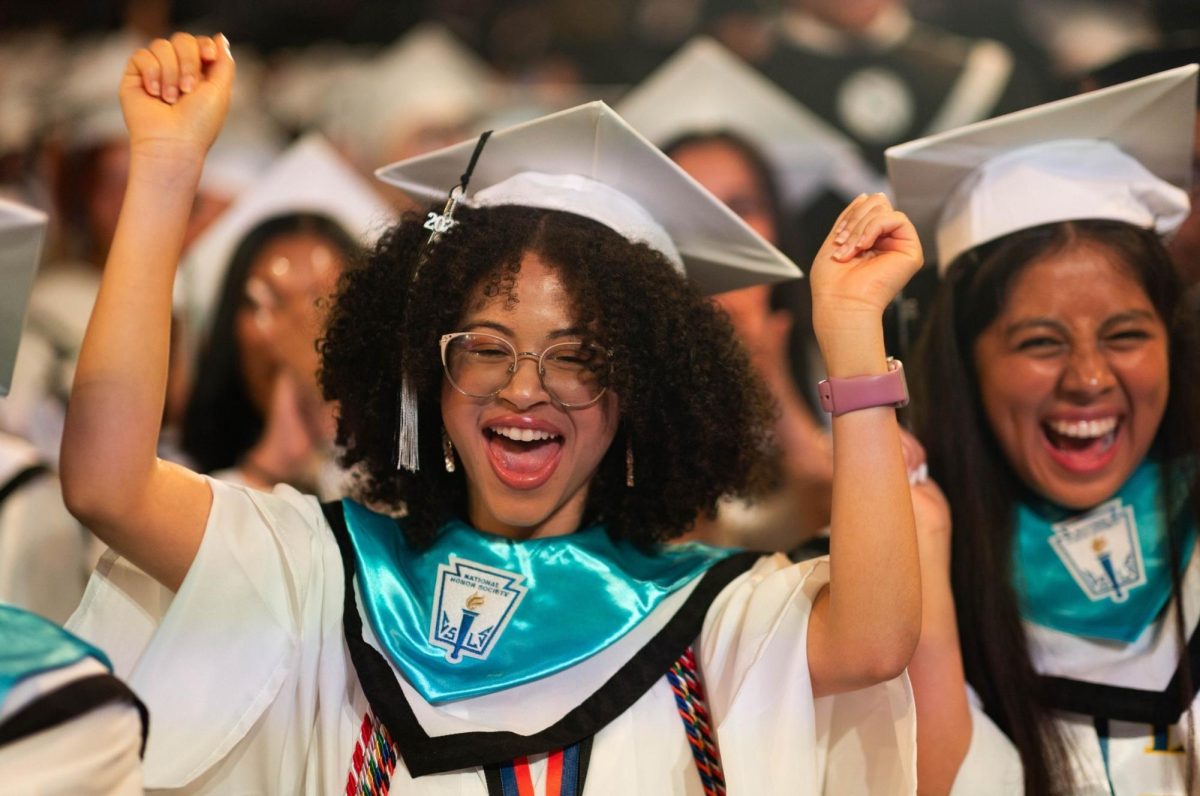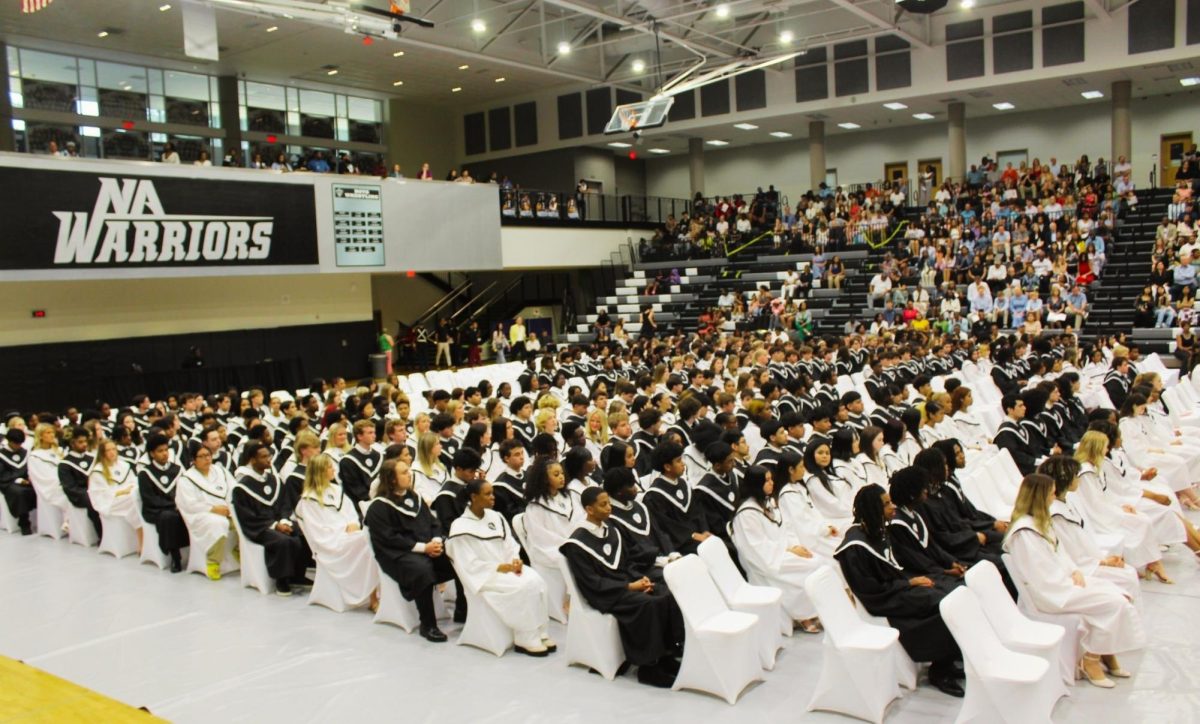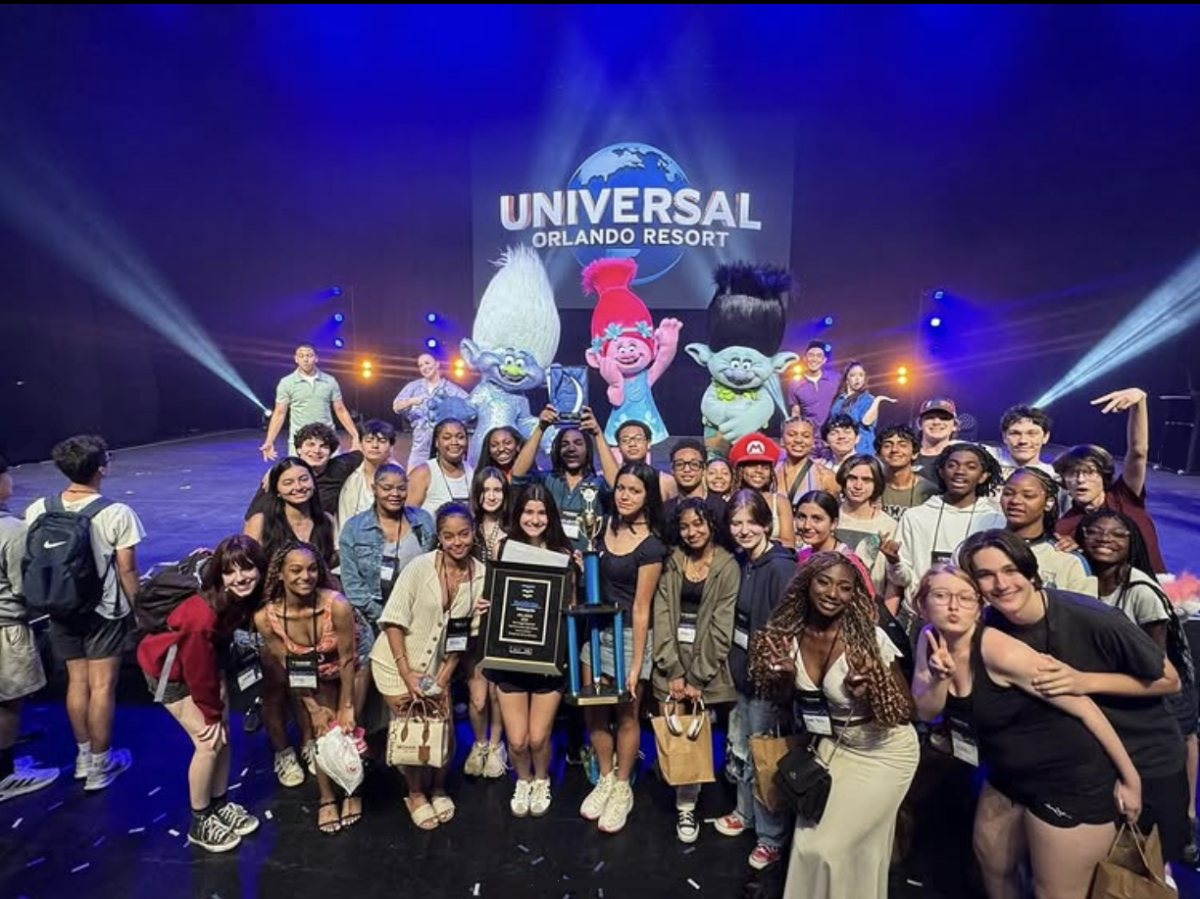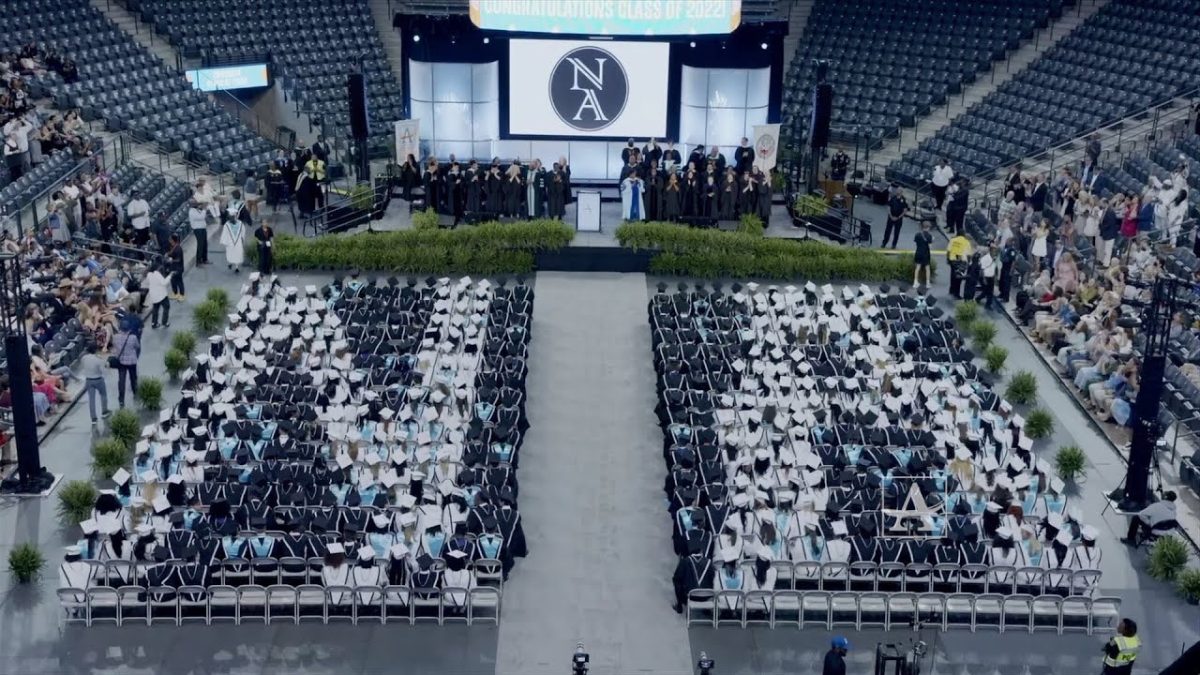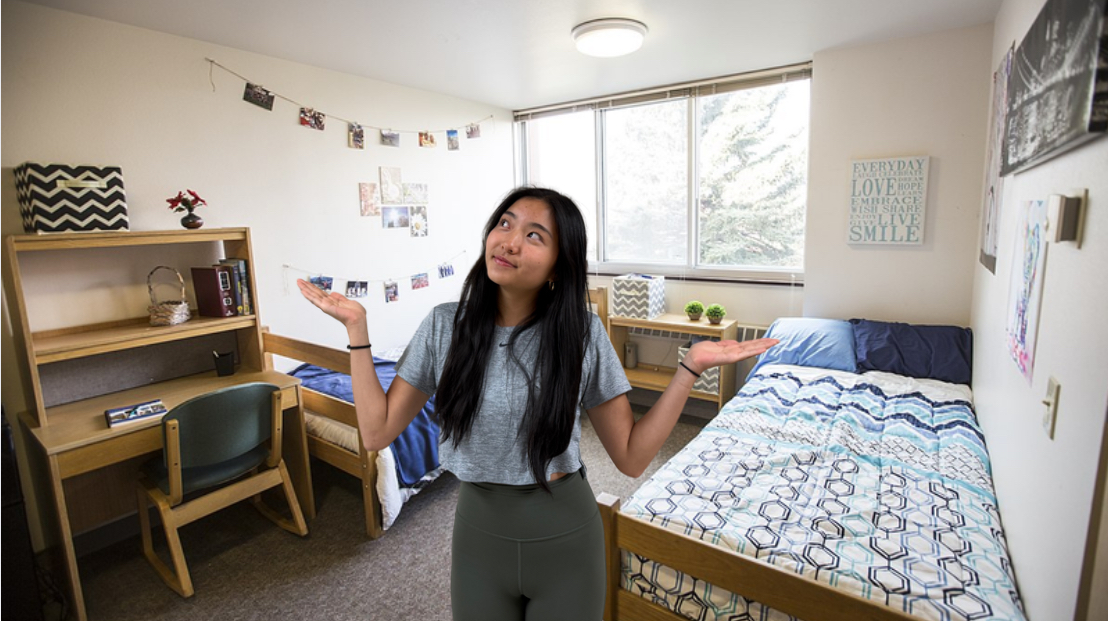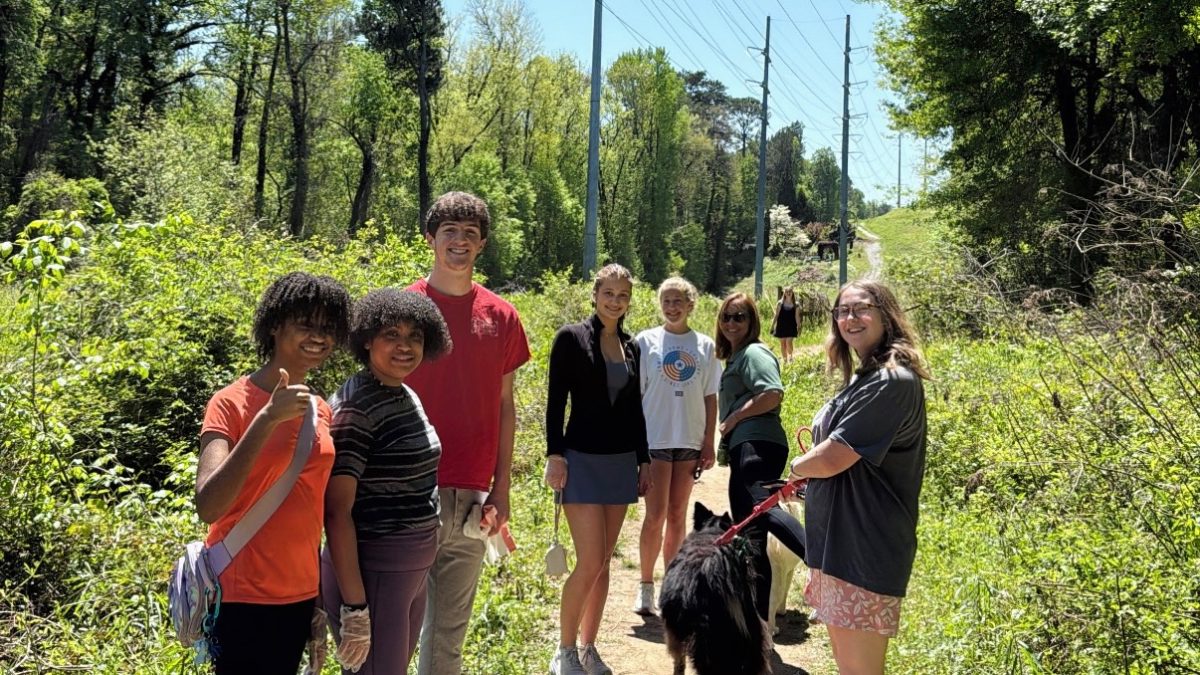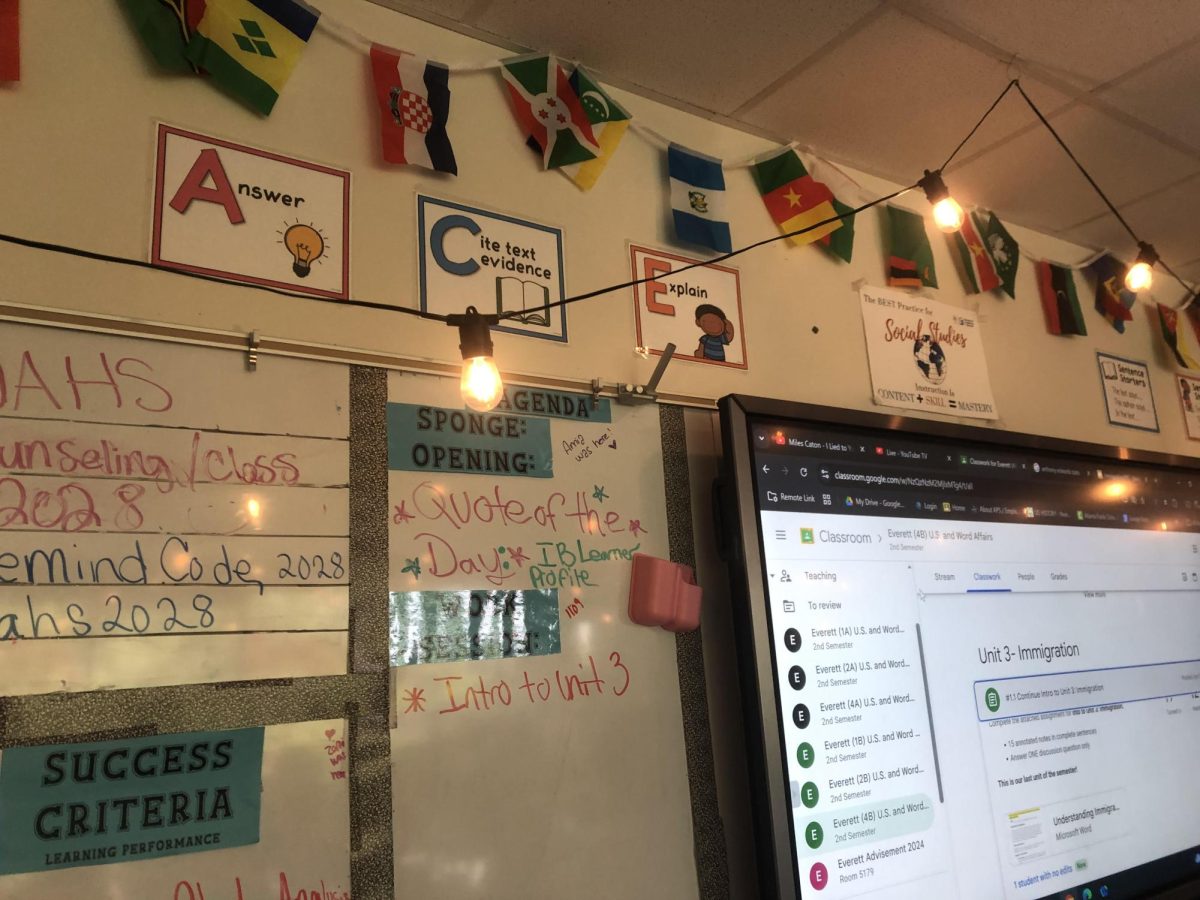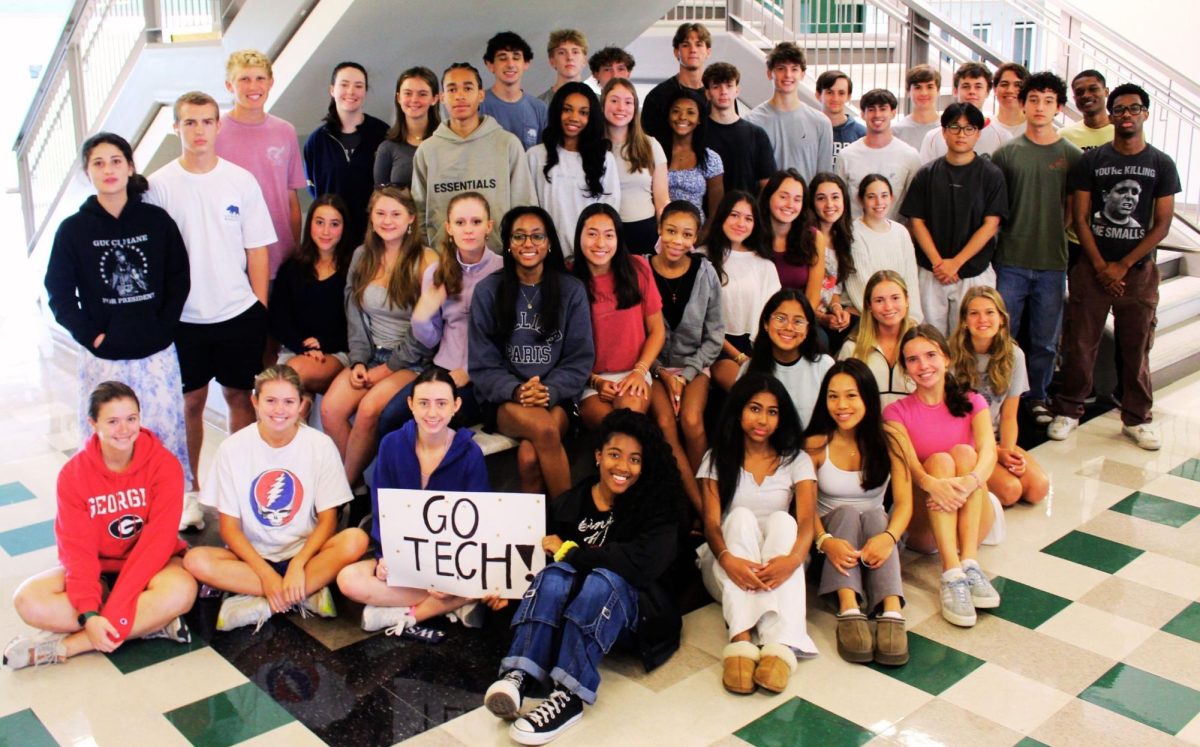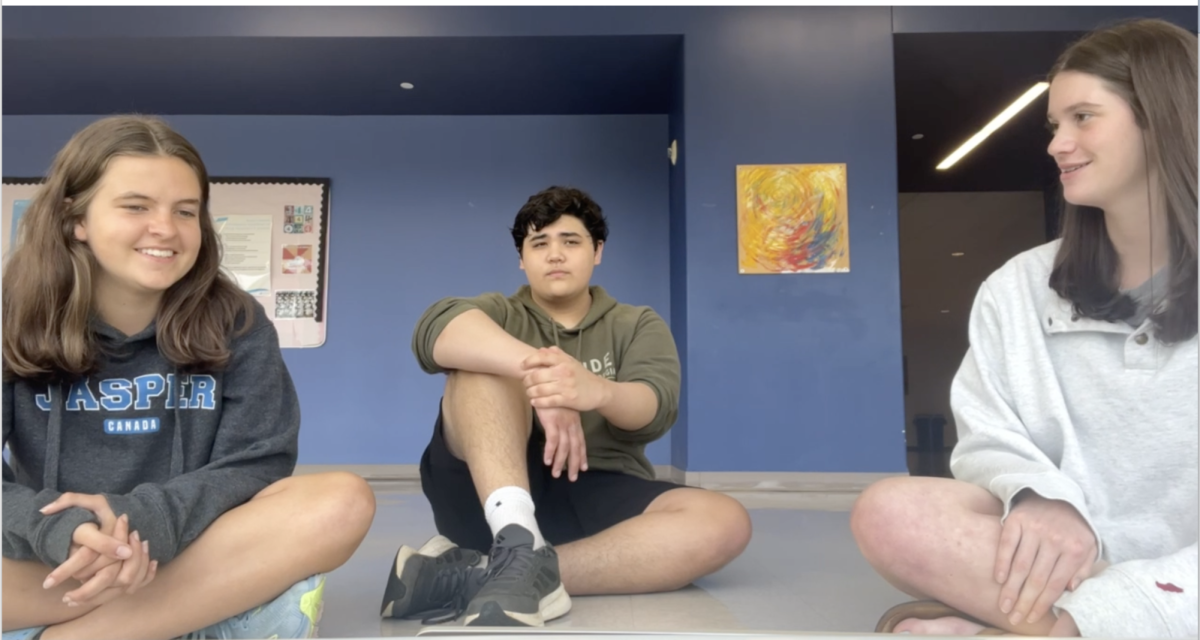Over the past decade, social media has slowly become part of everyday life. Even an application as renowned as YouTube could be considered social media. Along with the increased use of social media, users are getting younger and younger, encouraging state governments to involve themselves and prevent negative online experiences. The state of Georgia recently announced Senate Bill 351, otherwise known as “Protecting Georgia’s Children on Social Media Act of 2024,” which would enforce new laws relating to social media in public schools if passed.
The bill can be split into three sections: internet safety education in public schools, social media policies in schools, and overall regulation of social media platforms. The main purpose is to stop cyberbullying between students at such a young age. This will be enforced by requiring age verification by each social media site and parent supervision on accounts owned by minors. Schools may be required to implement social media literacy into their curriculums for those who continue to have access to these sites. Knowing how to identify threats – such as cyberbullying or an unknown person trying to get information – would prevent potential conflicts that could affect the user in a negative way. This curriculum needs to be updated frequently to keep up with changing trends, applications, and advancements in technology.
Schools are given a few months to prepare, as each local board of education will be required to adopt a new social media policy by August 1 of this year. This will prohibit social media use on school-owned technology unless authorized by the district, implement specific measures for enforcing the policy and resolving noncompliance, and let the Attorney General and Department of Education assist in policy development and compliance review.
However, there may be some negative implications should this be written into law. Ensuring that every single child gets parental approval before making an account on social media is strongly encouraged now but many find ways around it. There would be no way to guarantee that an adult monitors every social media account. This could also limit teaching materials that are accessible to teachers. For example, YouTube is blocked on APS WI-FI despite being necessary for many students’ assignments. The bill must specifically address which social media applications are going to be blocked so education is not hindered.
Senate Bill 351 aims to protect children from the dangers of social media and cyberbullying, but there may be fears that the government is overstepping boundaries. While it has not been voted into law yet, it outlines clear guidelines and objectives for the future of social media and public schools.



